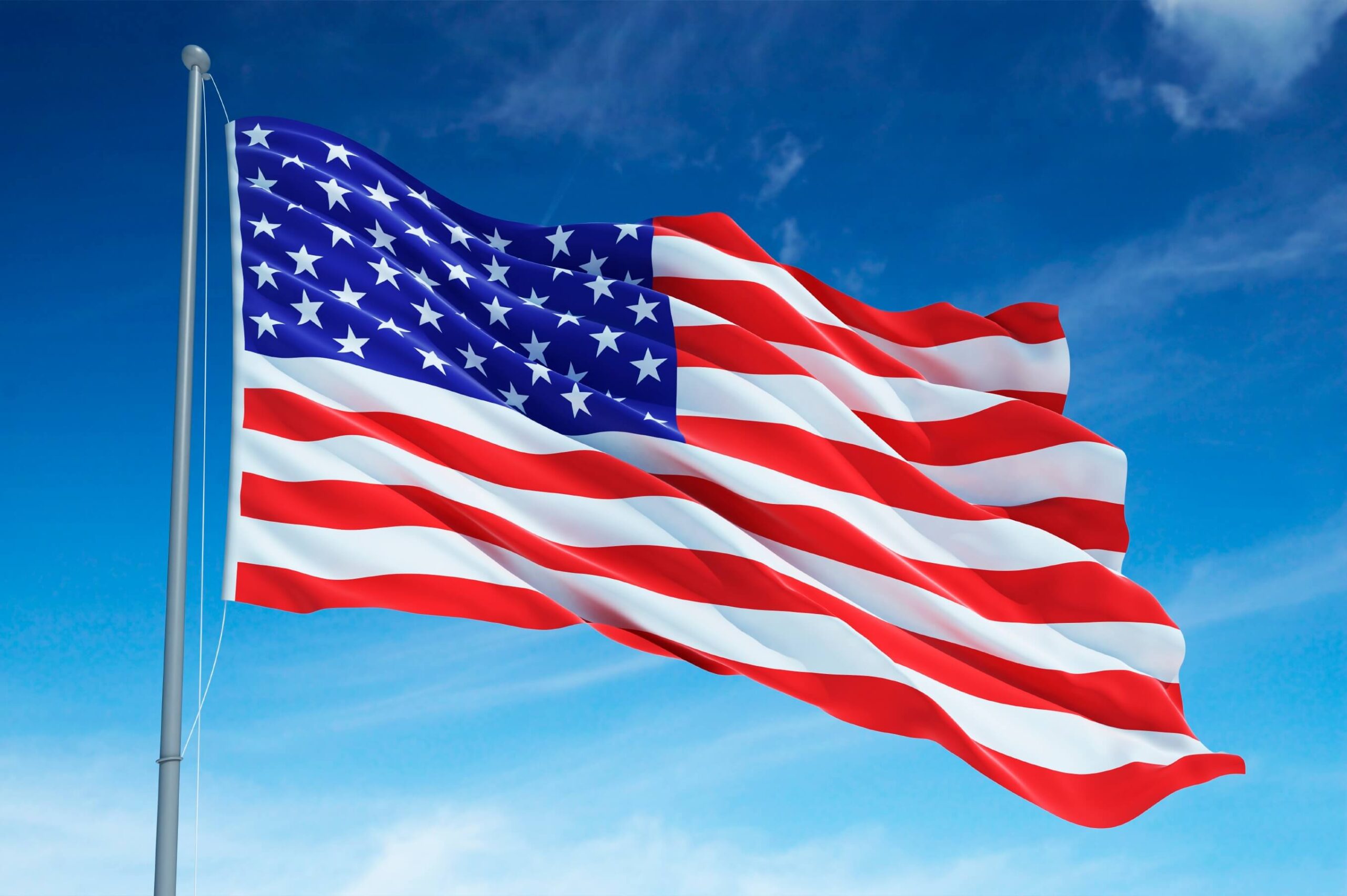Here are 6 Remarkable American Leaders Who Shaped the Course of History. From the dawn of the nation to the present day, the United States has been privileged to bear witness to some of the world’s most influential leaders. These American Leaders have left indelible marks on American history, steering the course of the country through turbulent waters, guiding it toward unity, cultivating resilience, and inspiring future generations.
Remarkable American Leaders
American history is punctuated by the scintillating narratives of individuals who took on immense responsibilities and made hard decisions. Here we celebrate six American Leaders whose legacies continue to be points of reference for modern leadership and whose stories captivate us with their human triumphs and challenges.
1. George Washington
Known as the “Father of His Country,” George Washington set the standard for the American presidency. His wisdom, patriotism, and humility saw the young nation through its delicate formative years. Consistently embodying the virtues he wished his countrymen to cultivate, Washington’s leadership style was characterized by a firm sense of duty, personal example, and a deeply held belief in the sanctity of the democratic process.
During the Revolutionary War, Washington demonstrated tactical brilliance, combined with an exceptional ability to keep the morale of his troops high. His decision to relinquish power after serving two terms as president established the precedent of peaceful transfer of power, a corner stone of American democracy.
2. Abraham Lincoln
Abraham Lincoln, the 16th President of the United States, steered the nation through the Civil War, ultimately abolishing slavery with the 13th Amendment to the Constitution. His leadership legacy is defined by his tireless efforts to keep the Union intact, while grappling with the moral implications of racial injustice.
Lincoln’s eloquence in speech and writing, as well as his ability to cultivate a team of political rivals, allowed him to craft unified national goals and inspire the nation to pursue them even in the face of tremendous adversity. His leadership not only led to the preservation of a country but also instilled in the American psyche the enduring values of freedom and equality.
3. Eleanor Roosevelt
Eleanor Roosevelt, wife of 32nd President Franklin D. Roosevelt, redefined the role of First Lady. A formidable advocate for human rights, she became an influential international figure in her own right, instrumental in drafting the Universal Declaration of Human Rights.
Roosevelt’s leadership was marked by her unyielding commitment to social justice and equality, working tirelessly to expand opportunities for women and minorities. She pioneered the use of mass media to advance social causes and connected with the public on a deeply personal level, making her a beloved figure and an icon of American liberalism.
4. Dwight D. Eisenhower
General Dwight D. Eisenhower, who served as the Supreme Commander of the Allied Expeditionary Forces in Europe during World War II and went on to become the 34th President of the United States, epitomized the concept of servant leadership. His steady hand during the war and his presidency, during a time of immense economic growth, reinforced the idea that leadership is about service to a greater cause.
Eisenhower’s leadership style was marked by inclusiveness and the ability to delegate authority, focusing on fostering a strong and cohesive team. He championed progressive policies and emphasized the importance of national infrastructure, leading the way in the creation of the interstate highway system.
5. Martin Luther King Jr.
A central figure in the American Civil Rights Movement, Martin Luther King Jr. was a nonviolent activist who became the voice of a generation. His leadership inspired millions to challenge racial segregation and discrimination through civil disobedience and grassroots organizing. King’s famous “I Have a Dream” speech at the March on Washington for Jobs and Freedom remains one of the most potent calls for racial harmony and justice.
King’s legacy is that of a leader who was undaunted by the risks associated with his activism, fearlessly pursuing his vision of a just and equal society. His work continues to be a touchstone for those seeking to combat inequality and pursue social transformation through peaceful means.
6. Cesar Chavez
A hero to the American labor movement and a leader in the fight for the rights of agricultural workers, Cesar Chavez co-founded the United Farm Workers union. His leadership was grounded in grassroots activism and nonviolent protest, using hunger strikes and marches to galvanize support for farmworkers’ rights.
Chavez’s legacy is one of empowering the disenfranchised and giving them a platform from which to advocate for themselves. By leading the Delano grape strike, he successfully brought the struggle for farmworkers’ rights to national attention, highlighting the harsh working conditions and need for labor reform in the agricultural sector.
These American Leaders, diverse in their stories and the eras in which they lived, are united by their ability to inspire others, to make a profound impact, and to exemplify the ideals upon which the United States was founded. Their lessons in leadership, resilience, and service continue to reverberate through history, providing a blueprint for future generations of American leaders. As we study their lives and the principles they espoused, we arm ourselves with a greater understanding of what it means to lead with purpose and vision.
In celebrating the contributions of these American Leaders, diverse in their stories and the eras in which they lived, are united by their ability to inspire others, to make a profound impact, and to exemplify the ideals upon which the United States was founded. Their lessons in leadership, resilience, and service continue to reverberate through history, providing a blueprint for future generations of American leaders. As we study their lives and the principles they espoused, we arm ourselves with a greater understanding of what it means to lead with purpose and vision.
, we simultaneously celebrate the enduring spirit of America and the capacity of its leaders to shape a better and more just world.



